International
The Parliament of Thailand elects Paethongtarn Shinawatra as prime minister
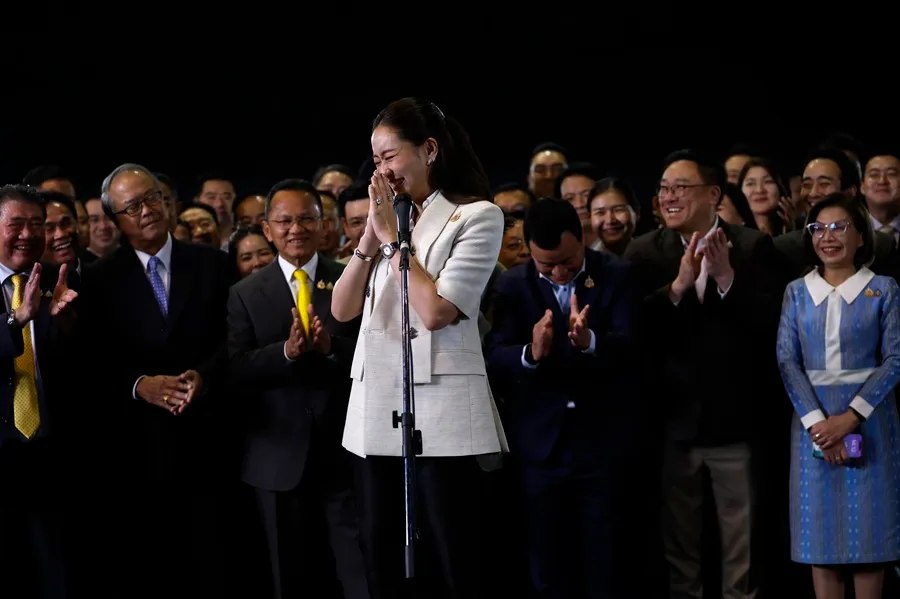
The House of Representatives of Thailand elected Paethongtarn Shinawatra, daughter of the former president and influential politician Thaksin, as Prime Minister of Thailand this Friday, after the dismissal two days ago of her predecessor by a judicial decision.
Paethongtarn, known by the nickname of Ing, obtained during the vote 319 supports from the 493 deputies of the current Chamber, and has become the second woman to be Prime Minister of the country.
For its part, the plan of the opposition People’s Party, founded after the judicial dissolution of the progressive Avanzar, positioned itself against the appointment of Paethongtarn, which added 145 votes of rejection and 27 abstentions – two deputies did not attend the session.
The new head of government, candidate of the Phue Thai party that leads a coalition of 11 parties, thus replaces Srettha Thavisin, from the same political platform, who was dismissed on Wednesday by the Constitutional Court considering that she violated an ethnic code by appointing a lawyer convicted of attempted bribery as a minister in April.
Paethongtarn Shinawatr, pledged to make the country “progress”, hours after being elected in a parliamentary vote to replace Srettha Thavisin.
“I hope to do the best I can and make my country progress. It’s an honor and I feel happy. I am sure that if I make an effort every day and at every opportunity, everything will be fine,” she said visibly excited during her first appearance after the vote.
“I want to create opportunities and develop the quality of life to empower all Thais,” remarked the leader, who led the hotel company and the construction wing of the wealthy clan before starting her meteoric political career in 2021.
Paethongtarn, at 37 years old, the youngest to occupy the position, was one of the new faces of her party during the 2023 electoral campaign, in which she participated during her last stages of pregnancy, and until now she was director of the “National Committee for the Development of Soft Power” with the purpose of extending the Thai cultural influence.
The new leader, who does not hold the position of legislator, followed the vote from the Phue Thai headquarters in Bangkok, where she arrived in the early hours of the morning accompanied by her husband.
“First meal after listening to the vote,” the leader posted on the social network Instagram, where she usually uploads family images, along with a photo of a plate of rice with chicken.
The appointment of Paethongtarn, the youngest daughter of the three of Thaksin, puts a member of the influential Shinawatra clan back in charge of the country after his father, who ruled between 2001 and 2006, was dismounted by a military coup d’état and his aunt, Yingluck, was dismissed in 2014 by the Constitutional, days before another military uprising.
Thaksin, who spent 15 years in exile to avoid justice, returned to Thailand in August last year and the same day that Parliament elected Srettha as prime minister, which seemed to seal the reconciliation between the former president and the pro-military and pro-military elite.
The founder of the Shinawatra clan, who did not spend a night in prison, as he was released on parole after serving six months of sentence while being admitted to a hospital, now faces an accusation of less majesty with a court hearing scheduled for Monday.
The Phue Thai, founded before Thaksin left the country, finished second in the elections of May 2023, surpassed by the young reformist party Avanzar, dissolved eight days ago by the Constitutional for its proposals to reform the law of lesa majesty.
At first these two parties formed a coalition that, after the Senate’s veto against the reformist candidate, Phue Thai ended up breaking and leading its own alliance to govern, which includes two platforms linked to the military coup, its historical enemies.
International
Ukraine declares nationwide energy emergency amid russian attacks and extreme cold
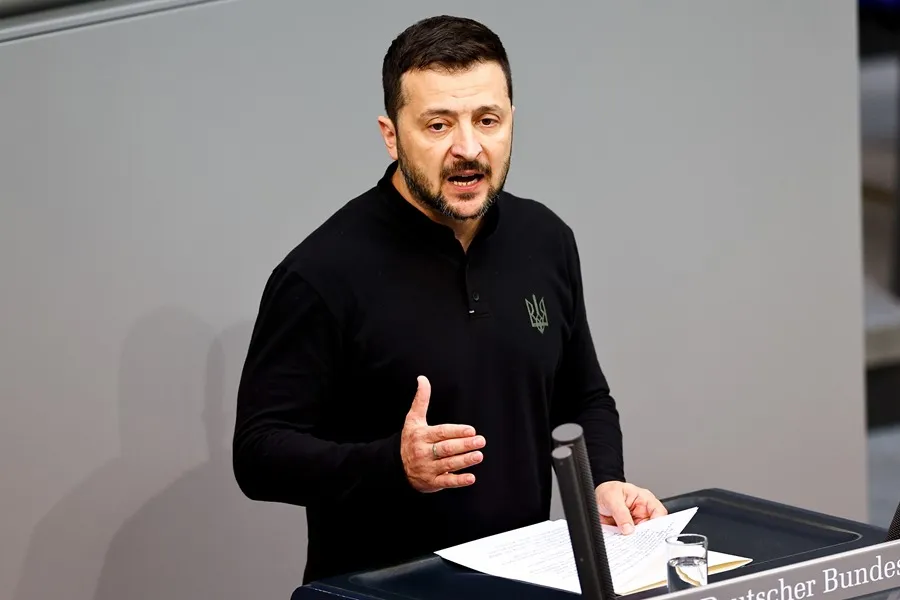
The Ukrainian government on Wednesday declared a nationwide energy state of emergency amid continued Russian military attacks and extreme winter weather, with nighttime temperatures dropping as low as minus 18 degrees Celsius.
“The consequences of Russian attacks and worsening weather conditions are severe (…) Overall, a state of emergency will be declared for Ukraine’s energy sector,” Ukrainian President Volodymyr Zelensky said in a statement posted on social media following a meeting with senior officials.
Zelensky announced the creation of a “permanent coordination headquarters” to manage the crisis in the capital, Kyiv, and tasked former defence minister and current energy chief Denys Shmyhal with overseeing support efforts for affected individuals and communities, including addressing power outages, heating shortages and other “practical issues.”
“There are many problems that require urgent solutions,” the president said, noting that repair crews, energy companies, municipal services and the State Emergency Service are working “around the clock” to restore electricity supplies. Kyiv has been particularly affected after Russian strikes last Friday disabled key parts of the power grid, as daytime temperatures hover around minus 12 degrees Celsius and plunge to minus 18 at night.
Zelensky added that public authorities will “maximize efforts with partners to obtain the necessary equipment and additional support,” while the government will ensure “maximum deregulation of all processes” to speed up the connection of backup power equipment to the grid. He also confirmed that work is underway to significantly increase electricity imports into Ukraine.
The Ukrainian leader further instructed his Cabinet to review curfew regulations in light of the extreme cold, arguing that citizens must have the greatest possible access to assistance centers, while businesses should be given flexibility to plan their operations according to the state of the energy system.
International
France joins Denmark’s ‘Operation Arctic Resistance’ in Greenland amid U.S. tensions

French President Emmanuel Macron confirmed in the early hours of Thursday (Wednesday afternoon in El Salvador) that France will take part in “Operation Arctic Resistance,” after Denmark announced it would expand its military presence in Greenland amid rising tensions with the United States over Washington’s stated ambitions regarding the semi-autonomous territory.
“At Denmark’s request, I have decided that France will participate in the joint exercises organized by Denmark in Greenland, ‘Operation Arctic Resistance,’” Macron said in a brief message posted on social media at 5:18 p.m.
The French president added that “the first French military elements are already on their way, with others to follow,” though he did not specify the number of troops being deployed or the scale of France’s planned contribution.
The governments of Sweden, Norway and Germany have also confirmed the deployment of military contingents to Greenland. Germany’s armed forces will send a 13-member reconnaissance team to the Greenlandic capital, Nuuk, to take part in a mission scheduled to run from Thursday through Saturday, according to the German Ministry of Defence.
Denmark’s announcement came shortly before a Danish delegation met at the White House with U.S. Vice President JD Vance and Secretary of State Marco Rubio to discuss Washington’s plans regarding Greenland. Copenhagen said the military activities would be carried out “in close cooperation with NATO allies.”
International
Iran closes airspace amid U.S. threats and deadly nationwide protests
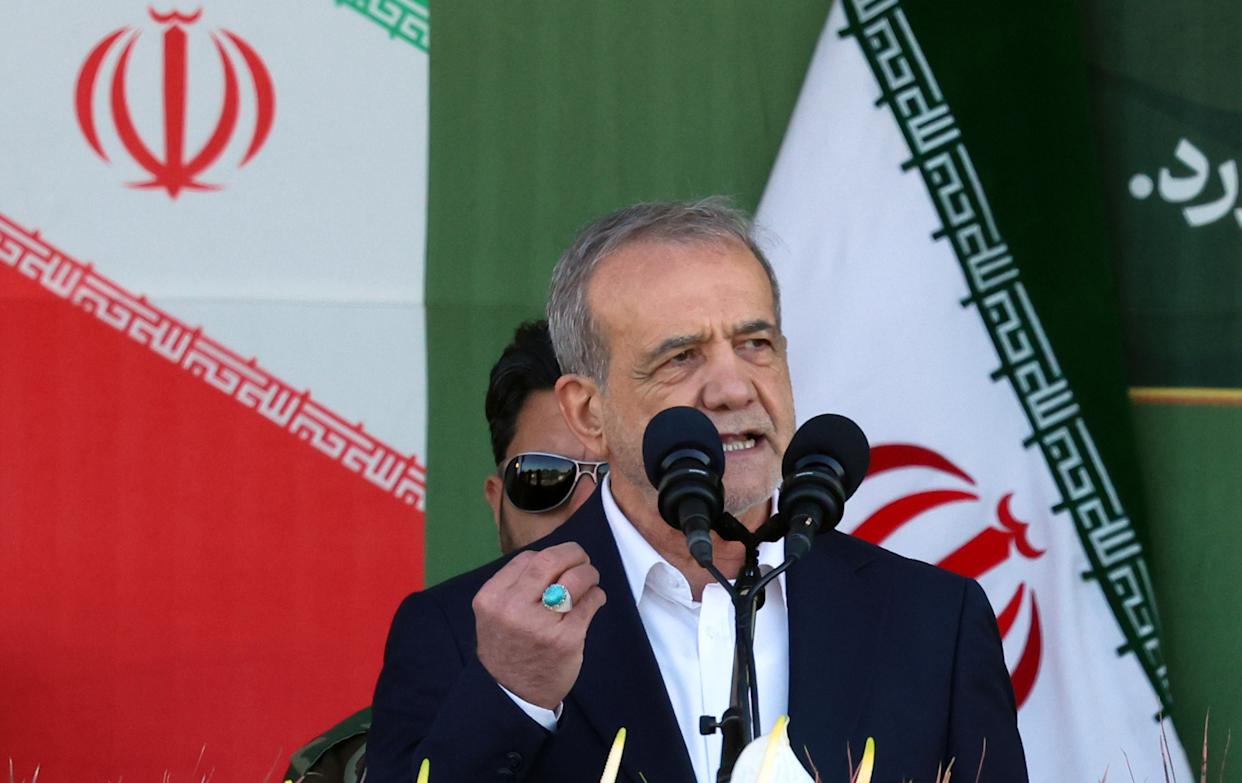
Iranian authorities closed the country’s airspace in the early hours of Thursday, according to data from flight-tracking website FlightRadar24, amid growing threats of a possible U.S. attack as protests across the country continue and have reportedly left thousands dead.
According to FlightRadar24, the Iranian government suspended all flights to and from the country, except for international flights that have received special authorization. The notice was initially issued for a duration of just over two hours.
The move comes after U.S. President Donald Trump in recent days threatened to strike Iran if its security forces failed to halt the deaths linked to weeks-long protests that began in Tehran and later spread to other Iranian cities. Despite the threats, the White House said diplomacy remains Trump’s preferred option.
Speaking from the Oval Office on Wednesday, Trump claimed that “the deaths in Iran have stopped” and said there would be no executions of protesters following his warnings to Tehran. He added that his administration would seek to verify those claims.
“I’ve been told the deaths in Iran are stopping. They’ve stopped, and that there are no plans for executions,” Trump told reporters, cautioning that the United States would be “very upset” if those assurances proved to be untrue.
The statements contrast with reports from rights groups. The Norway-based NGO Iran Human Rights (IHRNGO) said on Wednesday that more than 3,400 people have been killed since the protests erupted. Meanwhile, Kurdish-Iranian rights group Hengaw reported this week that a 26-year-old Iranian man, Erfan Soltani, was facing execution as of Wednesday.
-

 International2 days ago
International2 days agoDeadly van accident near Brazil border leaves 11 dead in Bolivia
-
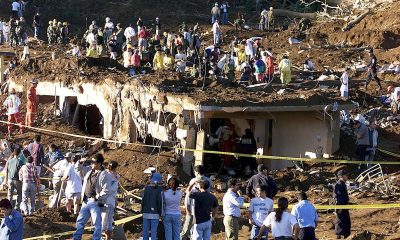
 Central America2 days ago
Central America2 days agoTaiwan’s $10 million donation after 2001 earthquakes allegedly diverted in El Salvador
-

 Central America2 days ago
Central America2 days agoU.S. and El Salvador maintain close partnership, embassy says
-
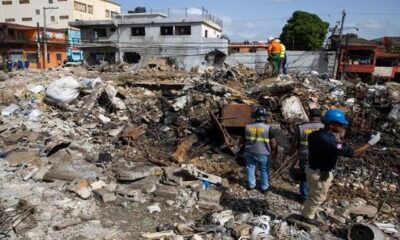
 International2 days ago
International2 days agoDominican court postpones hearing in deadly nightclub collapse case
-

 International2 days ago
International2 days agoU.S. to host Danish and Greenlandic Foreign Ministers at the White House
-

 International2 days ago
International2 days agoPolice hunt gunmen after fatal shooting in Corsica
-
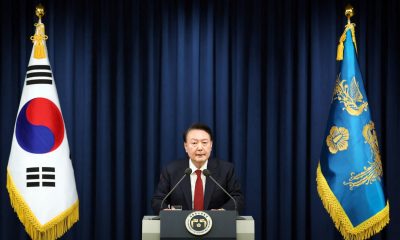
 International2 days ago
International2 days agoEx-President accused of bid to establish dictatorship as verdict nears in South Korea
-

 International2 days ago
International2 days agoVenezuelan opposition leader dedicates Nobel Prize to Trump
-
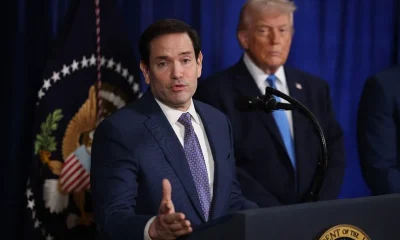
 International4 days ago
International4 days agoU.S. Issues Urgent Evacuation Call for Citizens in Venezuela
-
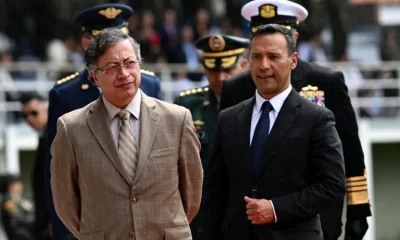
 International1 day ago
International1 day agoColombian Defense Chief Meets U.S. Officials to Advance Bilateral Narcotics Strategy
-

 Central America21 hours ago
Central America21 hours agoBukele warns crime can become a ‘parallel government’ during visit to Costa Rica
-
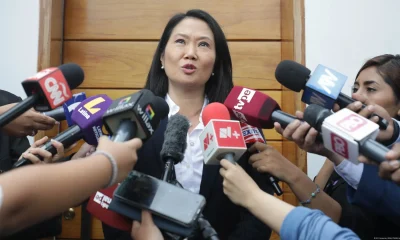
 International1 day ago
International1 day agoPeruvian Court Orders Definitive Dismissal of Money Laundering Case Against Keiko Fujimori
-

 International21 hours ago
International21 hours agoU.S. to suspend visa processing for applicants from 75 countries
-

 International8 hours ago
International8 hours agoIran closes airspace amid U.S. threats and deadly nationwide protests
-

 International8 hours ago
International8 hours agoU.S.–Denmark tensions escalate as Trump pushes NATO to back U.S. claim on Greenland
-

 International8 hours ago
International8 hours agoFrance joins Denmark’s ‘Operation Arctic Resistance’ in Greenland amid U.S. tensions
-

 International8 hours ago
International8 hours agoUkraine declares nationwide energy emergency amid russian attacks and extreme cold
-
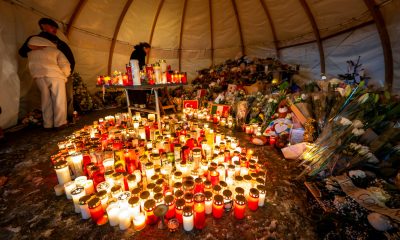
 International8 hours ago
International8 hours agoSwiss Canton of Valais Grants Emergency Aid to Victims of Crans-Montana Bar Tragedy
-
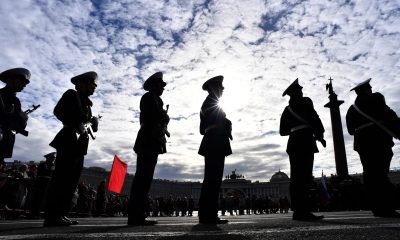
 International8 hours ago
International8 hours agoUK Intelligence estimates russian casualties in Ukraine at over 1.2 million
-

 International8 hours ago
International8 hours agoHillary Clinton skips Epstein inquiry as house panel threatens contempt charges
-

 International8 hours ago
International8 hours agoX moves to block Grok from creating sexualized images of real people amid legal scrutiny


























